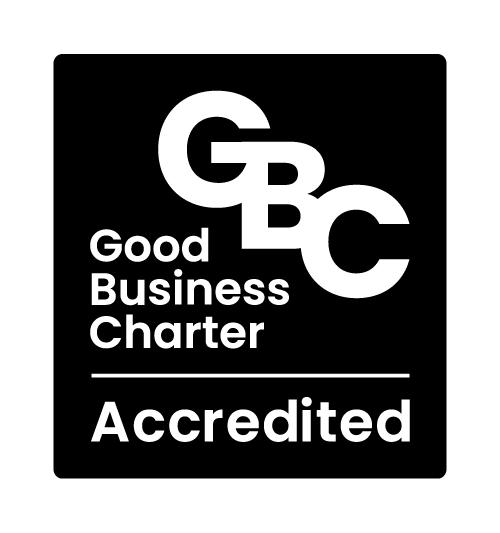'What I've Learned From My First Year As A Freelance Virtual Assistant' - Monica Rossi, MoGio'VA

This February marked exactly one year since I started MoGio'VA. Twelve whole months since I made the decision to take the plunge and become a freelance virtual assistant. It’s been an interesting journey so far, with as many downs as ups but I love everything about my business and, with lots of exciting things planned for 2017, I am looking forward to what the future will bring.
So, as Mogio’VA celebrates its 1st birthday, I thought it would be a good idea to write a blog post on the things I have learned in my first year of business. Hopefully it will give you a little insight in to the world of MoGio’VA and who knows, if you are just starting out on your freelance journey, it might give you some inspiration.
There is no such thing as a 9-5, and I love it!
For the first few months of MoGio’VA, I found myself replicating the 9-5 office environment, taking half an hour for lunch and then getting straight back to it. This worked for the short term, but the nature of being a virtual assistant means that clients will often call late in the day with a job that is required for the next day. There were also days where, if I wasn’t at my desk working, I was at a networking event or meeting with a client to discuss a new project. When this happened, I would find myself working in the evening to ‘make up’ the hours.
Now I have embraced the freelance way of life and am much more flexible in my working hours. I set myself a schedule that works around my client’s needs each week and stick to it. There may be days when I work 8+ hour days if several deadlines come in at once but there will also be days when I can finish early, pick my daughter up from school or catch up with a friend. My clients know I will get their projects finished on time and I know that I can choose the best hours for me to complete the work.
Lesson learnt: Rethink your working hours and be flexible
I do not know everything
With over 20 years experience in roles in a variety of diverse and challenging positions in global organisations, I thought I knew most things about running a business. However, I now realise that working for yourself and working for someone else are two very different things.
Admin, bookkeeping, research, liaising between international commercial businesses and translation services are all second nature to me. I have tackled them in each of my roles, and find that most of my days are now spent working on these tasks for clients who don’t enjoy it quite as much as I do! However, in each of my previous roles there was (usually) just one system and one process to learn. These days I find myself juggling client work with watching YouTube tutorials, reading business blogs and taking online courses to update my skills and knowledge on the latest technology and tools available to me to help my clients. It’s a good job I love technology!
One of the biggest challenges I faced was embracing the marketing and promotion of my business and in particular, using social media to attract clients. I have personal profiles on Facebook and LinkedIn, and have built and published my own website - but the thought of Twitter, business pages, paid adverts, organic reach, and everything in between, caused my head to spin. So I took several social media courses and read lots of blogs to make sure I understood the basics but I felt this still wasn’t enough so I decided I should practice what I preach and ask for help. I now outsource a portion of my social media management and marketing to a specialist in this field, which means I have more time to spend on client projects, plus I’m learning a thing or two in the process!
Lesson learnt: Never think you know everything, learning and improving your skills will always benefit you and your business
Freelancers still need contracts
Maybe it’s a legacy from when I worked in large corporations, but I have always made sure I send my terms and conditions to a prospective client, and then set out a more detailed breakdown of the work to be carried out in the written contract - which I make sure is signed before commencing work.
Far too many freelancers get exposed by not having a legally-binding contract document. In the past, I have been caught out by clients sending casual email requests such as ‘Monica, can you just look over this email’ ‘Or ‘What does this paragraph translate to in English’ and because I love the work I do I can find I have spent an hour working on something I feel I can’t bill for.
Detailing the work to be completed in a signed contract is so important. It sets out the nature of the project, what is included in the initial fee - and more importantly, what is not included - as well as setting out what the additional charges will be for supplementary work. It ensures both parties are happy with the finer details of the project.
Lesson learnt: Value yourself, get a contract and don’t work for free.
What’s next for MoGio’VA?
I’ve really enjoyed my first year as a freelance virtual assistant. I have met lots of new people, learned new skills and had fun in the process. It has been hard work, but I’m glad I made the decision to start up on my own.
Find out more about Monica and her virtual assistant services here


